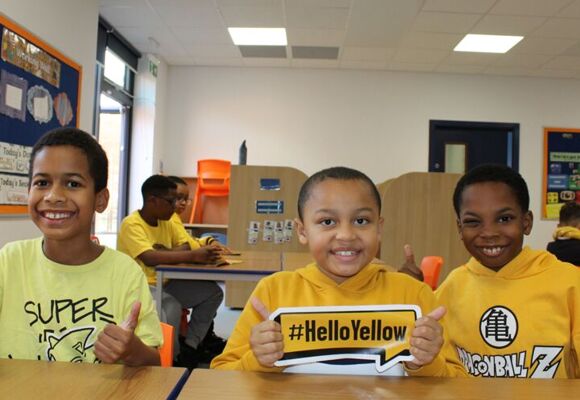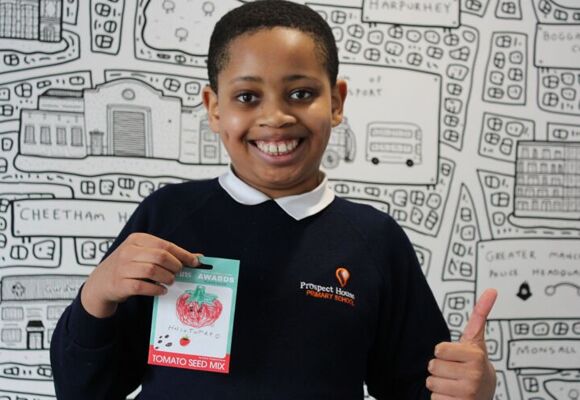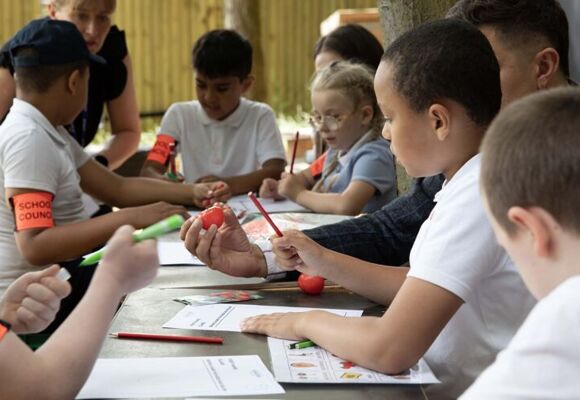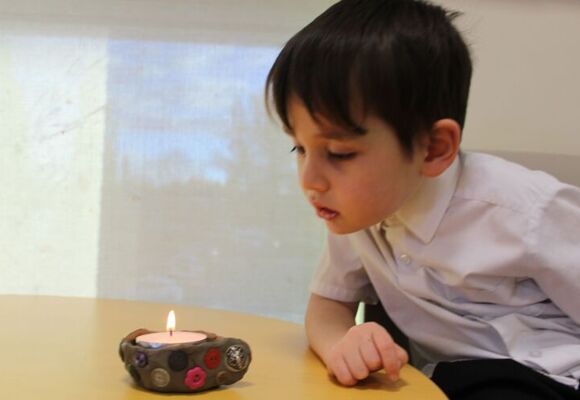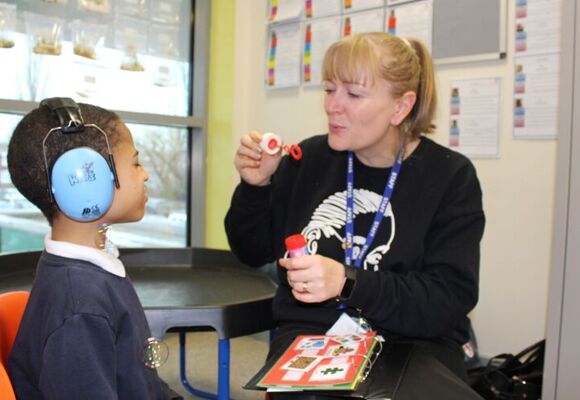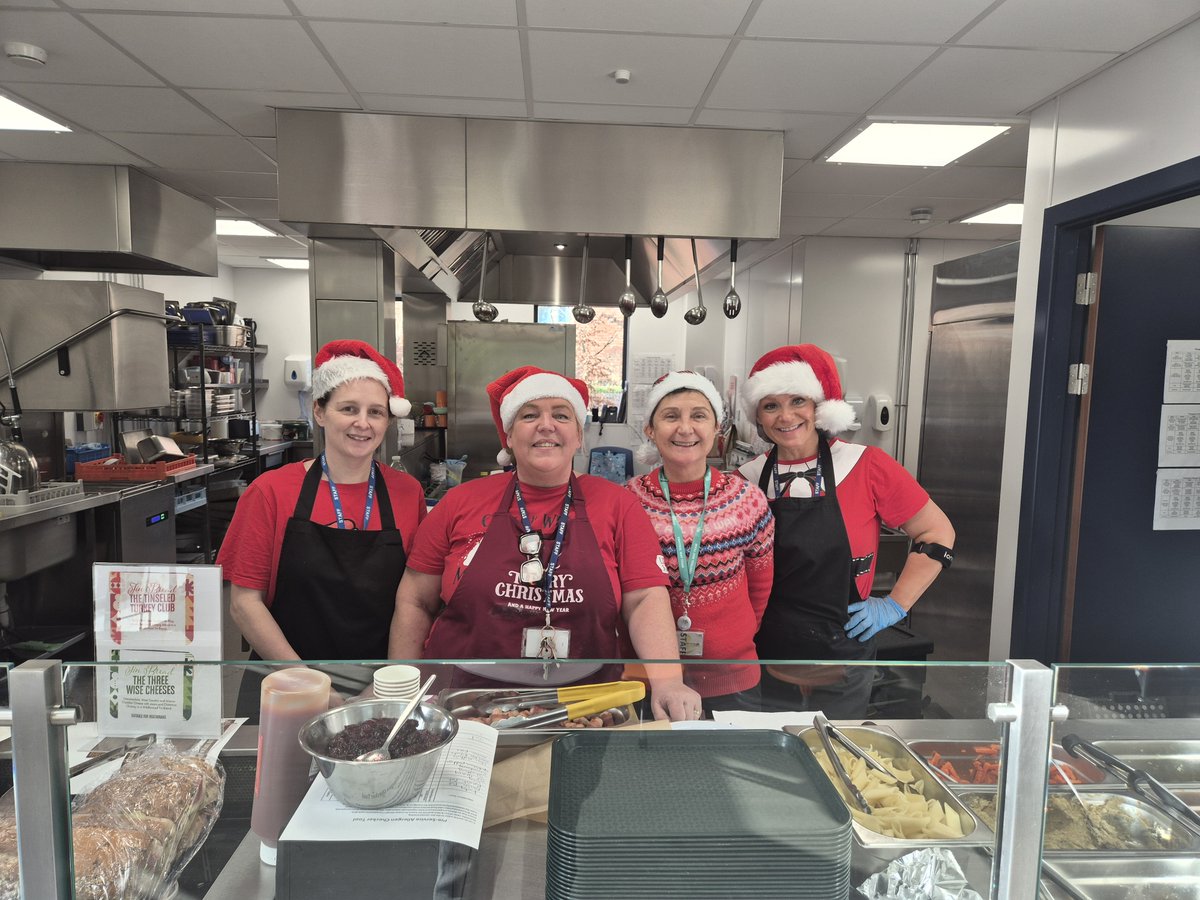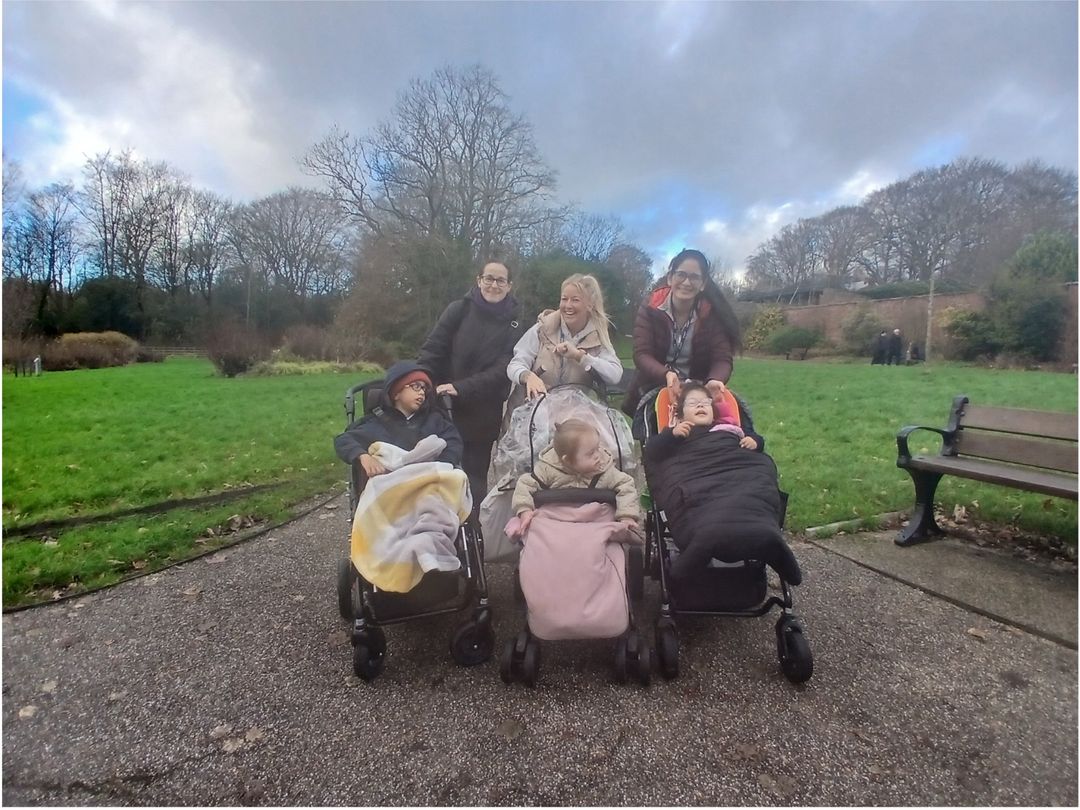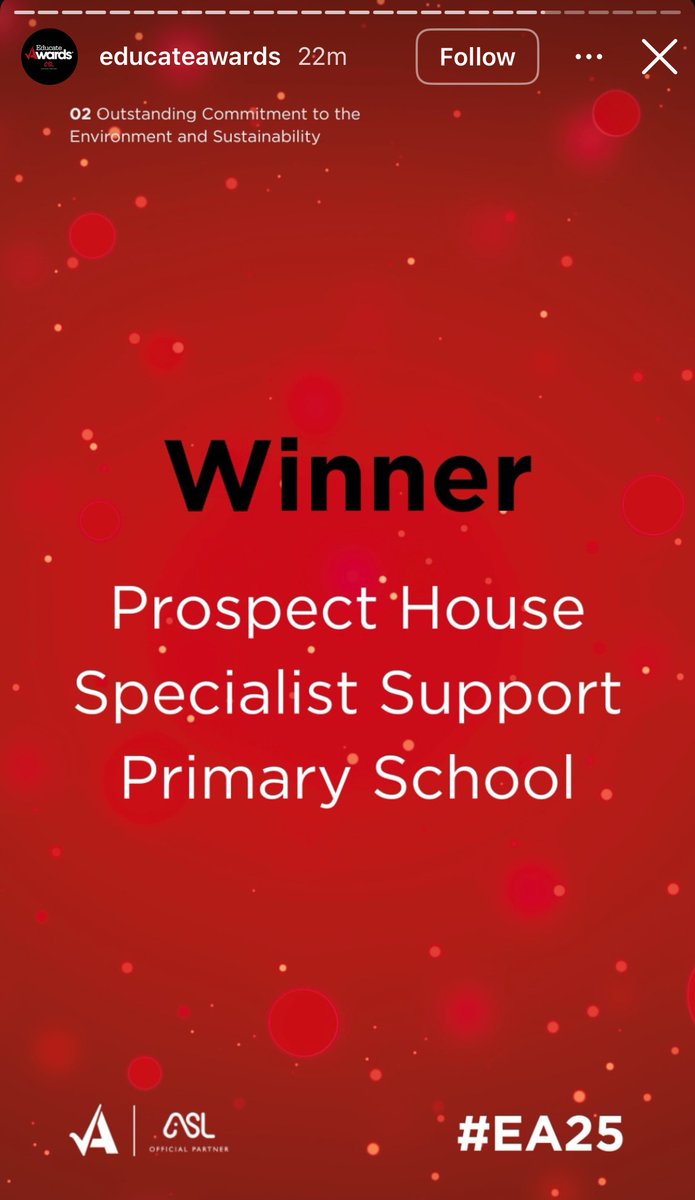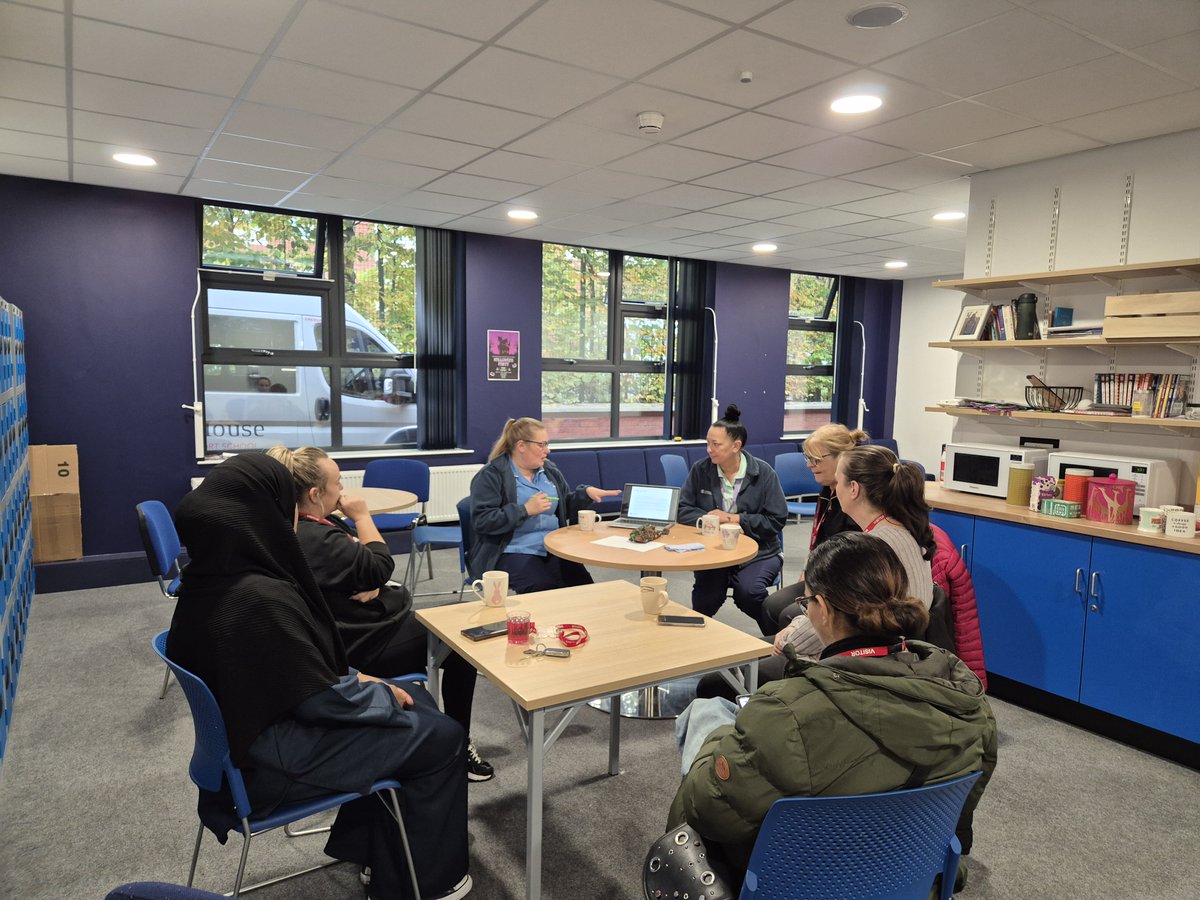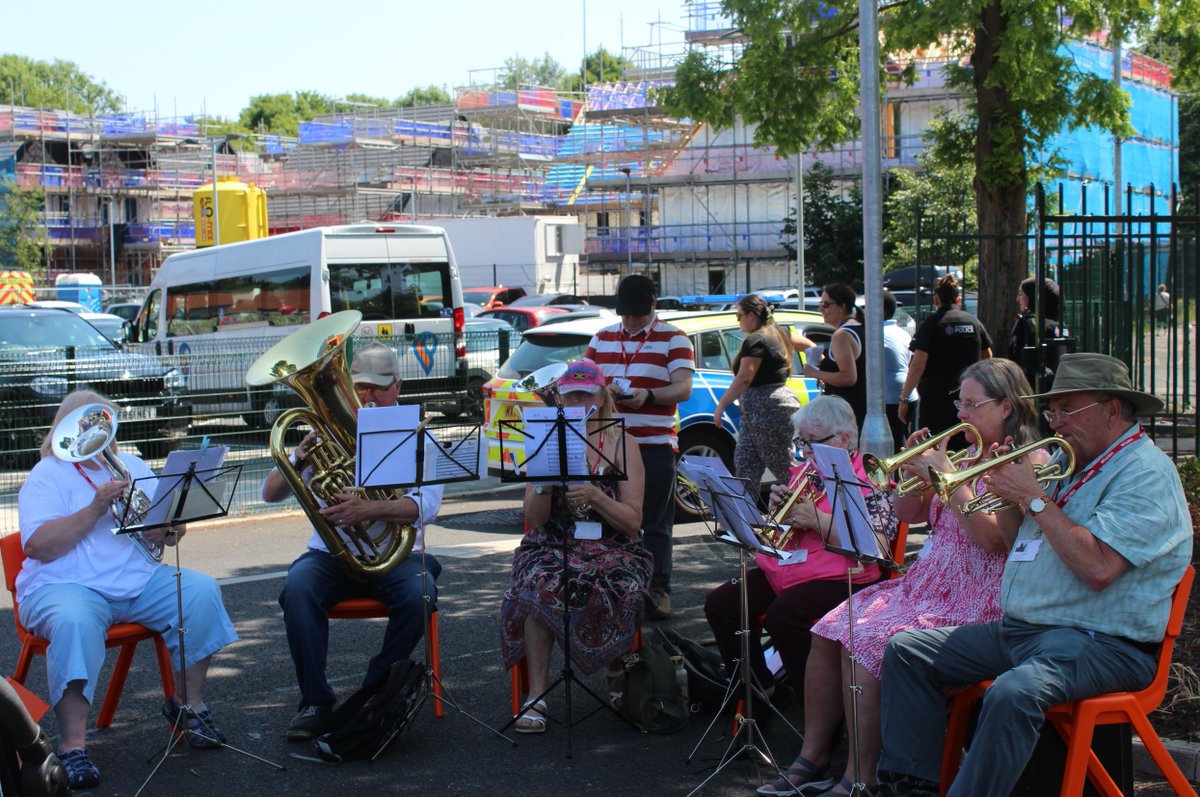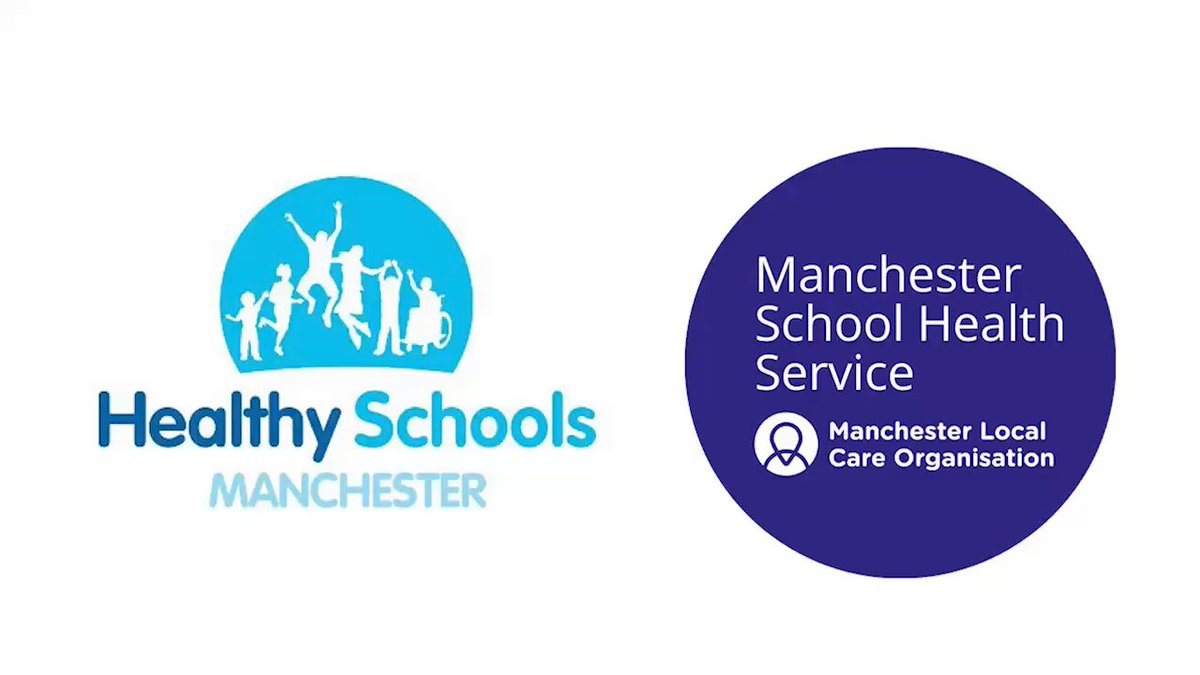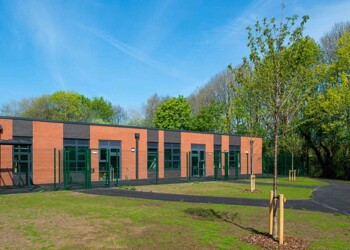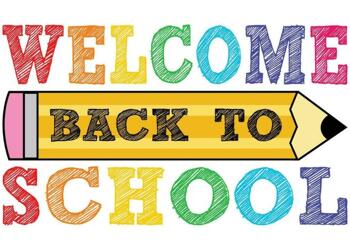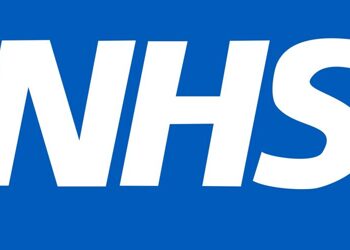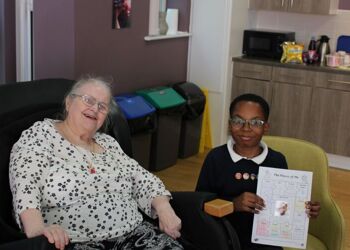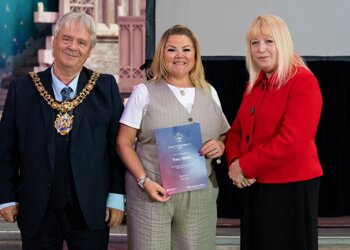Welcome back breakfast
- Home
- Safeguarding
- Safeguarding at Prospect House
Safeguarding at Prospect House
At Prospect House, we will strive to make sure all our students are safe in school, at home, online and in the community. Our staff are here to keep everyone safe and promote personal safety and well-being.
Safeguarding is everyone’s responsibility. Concerns must be reported to the Designated Leads for Safeguarding.
 |
Robin Anthony | Designated Safeguarding Lead |
 |
Tracy Gallier | Designated Safeguarding Lead |
 |
Millie Gleeson | Safeguarding Team |
| Bernice Kostick | Governor with Safeguarding Responsibility |
Should you have any concerns, you can contact a member of the school safeguarding team on:
dg-prh-safeguarding@prospere.org.uk
Prospect House is committed to safeguarding and promoting the welfare of children and expects all staff and volunteers to share this commitment.
We have a number of policies and procedures in place that contribute to our safeguarding commitment, including our Safeguarding Policy which can be viewed below.
Sometimes we may need to share information and work in partnership with other agencies, when there are concerns about a child's welfare. We will ensure that our concerns about our pupils are discussed with parents/carers first, unless we have reason to believe that such a move would be contrary to the child's welfare.
To promote a safe environment for students, Prospect House employs a strict selection and recruitment policy which includes all statutory checks on staff and regular volunteers including Enhanced DBS (disclosure and barring service) checks.
All staff are trained to a level appropriate to their safeguarding responsibilities ranging from basic awareness for all, to Level 3 for key staff. Other safeguarding training is attended by relevant staff and governors. The training is monitored, and comprehensive records kept by the DSL.
We actively support the Government's Prevent Agenda to counter radicalism and extremism.
All people coming into school who are not staff or pupils of the school are classed as visitors and must all follow this procedure, this includes: parents and carers, former staff and pupils, Governors, contractors, and staff from other schools.
The school has a central record of people who may visit the school and have been DBS checked and a list of these people will be retained on reception. When such a person arrives in reception, they must be able to prove their identity if they are not known to school staff. Only visitors who have proven their identity and have been DBS checked can be allowed to move around the school to fulfil their engagement without being accompanied. All visitors must sign in using the InVentry system and wear a school issued visitor badge at all times.
For all other visitors, the receptionist will ask them to take a seat in the reception area and contact the member of staff they have come to see. This member of staff is responsible for ensuring that the visitor is accompanied at all times and is not free to wander about the school.
All visitors are expected to report to the main school reception. At reception they will be greeted and asked to sign in, at which time they will be given a visitor’s badge, which must be worn at all times. The receptionist will make the visitor aware of the fire evacuation procedures.
If a member of staff comes across a visitor at a different entrance or part of the school, they should personally escort the visitor to reception. The member of staff must never give the visitor directions or send the visitor to reception unaccompanied.
Staff are instructed that if they see a stranger, alone, without a visitors’ badge or identification e.g. NHS lanyard, the following action should be taken – staff should challenge that person, and escort them to reception.
All visitors should be escorted to reception and signed out when they are ready to leave.
When there are early indications that things are not going well, Early Help is about engaging a child, young person, parent or family in a conversation about how to get things going well again.
Understanding the situation as early as possible and giving the right advice information and support starts here.
For general advice, guidance and information ring your Early Help Hub. To make a request for specialist or targeted interventions for families, complete an Early Help Assessment and request form and email your Early Help Hub.
The Manchester Multi-Agency Safeguarding Hub (MASH) can be contacted on:
Other useful websites:
Social care referral
https://www.manchester.gov.uk/
CAMHs
Advice line contact numbers:
Early Help Hubs: North 0161 234 1973, Central 0161 234 1975, South 0161 234 1977
National Society for the Prevention of Cruelty to Children (NSPCC): 0808 800 5000
Local Authority (LA) Safeguarding in Education Team: 0161 245 7171
Manchester LA Designated Officer (formerly LADO): 0161 234 1214

